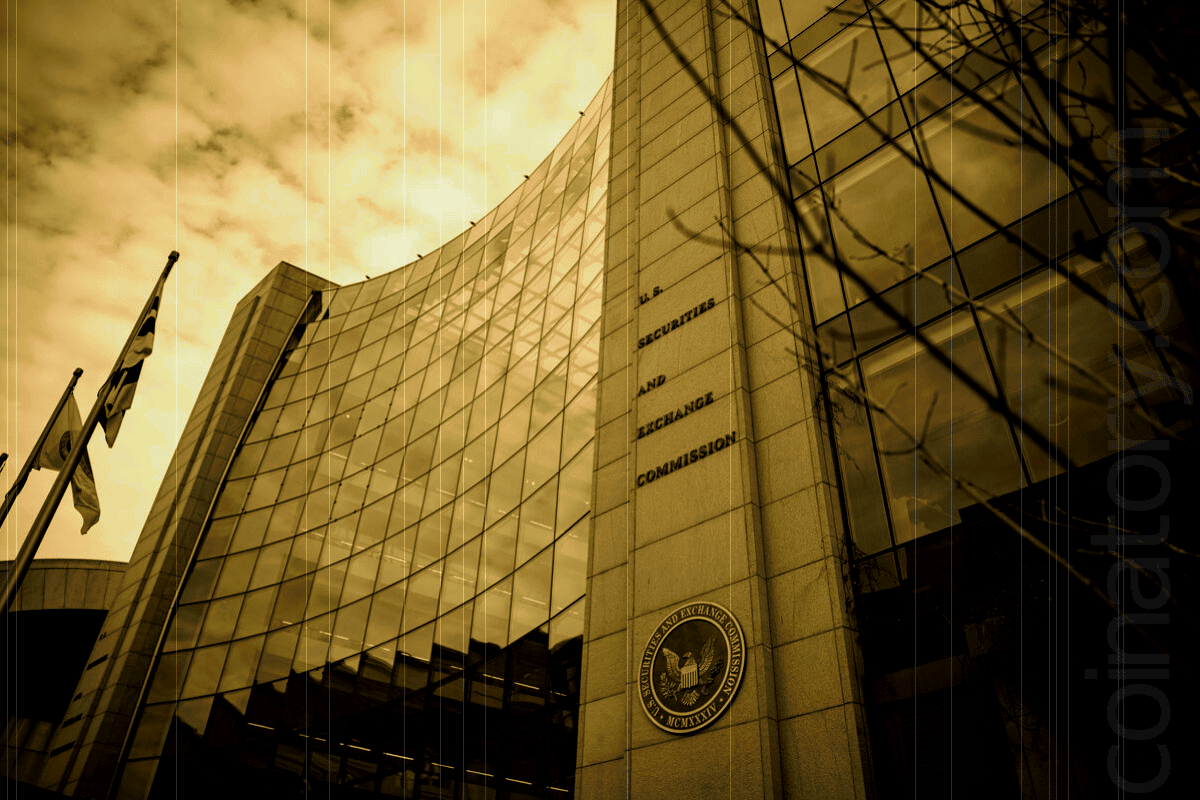
The U.S. Securities and Exchange Commission (SEC) has announced a temporary suspension of its allegations that the native crypto assets of Solana, Cardano, and Polygon are unregistered securities. This decision comes amid the ongoing legal proceedings against Binance, one of the world’s leading cryptocurrency exchanges.
In a joint status report submitted to the U.S. District Court for the District of Columbia on July 29, the SEC indicated plans to amend its complaint against Binance. The amendment includes potential changes regarding “third party crypto asset securities,” which could offer temporary relief to these assets. This pause is significant as the named tokens have faced intense scrutiny and subsequent delistings from trading platforms, stemming from the ongoing case and associated regulatory concerns.
The joint response details an agreed-upon schedule between the SEC and Binance for briefing the motion to amend and related pleadings. The SEC is expected to file its motion to amend within 30 days following the court’s scheduling order. While this development provides a temporary respite for investors in Solana (SOL), Cardano (ADA), and Polygon (MATIC), it remains uncertain whether these tokens will ultimately be classified as securities under U.S. law.
Despite the announcement, market data from crypto.news shows that Solana has dropped over 5%, Cardano around 4%, and Polygon approximately 1% in the last 24 hours.
The SEC’s scrutiny of cryptocurrency exchanges began intensifying in June 2023, with lawsuits filed against both Binance and Coinbase. These lawsuits alleged that the exchanges facilitated the trading of unregistered securities, naming other cryptocurrencies like Dash, Filecoin, and NEAR Protocol as securities. The Solana Foundation and Polygon Labs have publicly contested the SEC’s classification, asserting their compliance with regulatory standards outside the U.S. However, platforms such as Robinhood and Revolut have responded to the regulatory pressure by delisting the implicated tokens.







